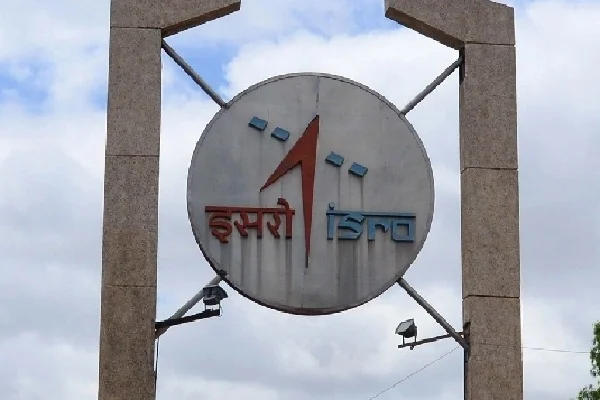S Somanath, the chief of the Indian Space Research Organisation (ISRO), revealed a deeply personal and challenging journey amid the backdrop of India’s ambitious space missions. On the day of the Aditya-L1 solar mission launch, Somanath received a life-altering diagnosis: cancer. This revelation sheds light on the sacrifices and struggles faced by individuals at the forefront of India’s space exploration endeavors.
The journey began with subtle health issues Somanath encountered in mid-2023, coinciding with the launch of the Chandrayaan-3 mission. However, it wasn’t until later, during India’s first solar mission, Aditya-L1, that Somanath became aware of a growth in his stomach. The juxtaposition of these monumental events in his professional life with the discovery of a grave health concern underscores the complexities of personal challenges faced by leaders in the scientific community.
In a recent interview with Tarmak Media House, Somanath recounted the pivotal moment of realization that occurred on the day of the Aditya-L1 launch. It was during a routine scan that he gained a clue about the underlying issue. Despite the excitement surrounding the mission’s success, Somanath’s thoughts were consumed by the unsettling discovery within his own body. Following the launch, he promptly sought medical attention in Chennai to confirm his suspicions.
The confirmation of cancer within a couple of days brought forth a new set of challenges for Somanath. Doctors recommended surgery as the next course of action, followed by chemotherapy. The physical and emotional toll of undergoing major surgery and subsequent treatment loomed large as Somanath grappled with the dual responsibilities of battling cancer while leading India’s space agency.
Despite the daunting prognosis, Somanath’s commitment to his duties remained unwavering. He continued to steer ISRO through its missions, navigating the complexities of space exploration while simultaneously undergoing treatment for cancer. This steadfast dedication underscores the resilience and determination characteristic of leaders in the face of adversity.
The Aditya-L1 solar mission, launched on September 2, marked a significant milestone in India’s space exploration endeavors. The spacecraft, equipped with seven payloads, embarked on a journey to Lagrange Point L1, approximately 1.5 million kilometers from Earth. Its mission: to study the Sun and unravel the mysteries of solar activity. Despite the personal challenges Somanath faced, the successful execution of the Aditya-L1 mission stands as a testament to the collective efforts of ISRO’s scientists and engineers.
Looking ahead, India’s space ambitions continue to soar with the upcoming Gaganyaan mission. Prime Minister Narendra Modi recently announced the names of four Indian Air Force pilots selected to undergo training for the historic human spaceflight mission. Group Captains Prashanth Nair, Ajit Krishnan, Angad Pratap, and Wing Commander Shubhanshu Shukla are undergoing rigorous training, including flight simulations and physical fitness tests, in preparation for the mission scheduled for 2025.
The Gaganyaan mission represents a significant leap for India’s space program, marking its foray into crewed space exploration. As astronauts undergo intensive training to embark on this historic journey, Somanath’s experience serves as a poignant reminder of the inherent challenges and sacrifices associated with pushing the boundaries of human knowledge and exploration.
In the face of adversity, Somanath’s journey epitomizes resilience, determination, and unwavering commitment to the advancement of India’s space exploration endeavors. His courage in confronting personal challenges while leading ISRO’s ambitious missions serves as an inspiration to scientists, engineers, and aspiring space explorers across the nation. As India continues to make strides in space exploration, Somanath’s legacy will endure as a symbol of perseverance and dedication to the pursuit of knowledge beyond the confines of Earth.














